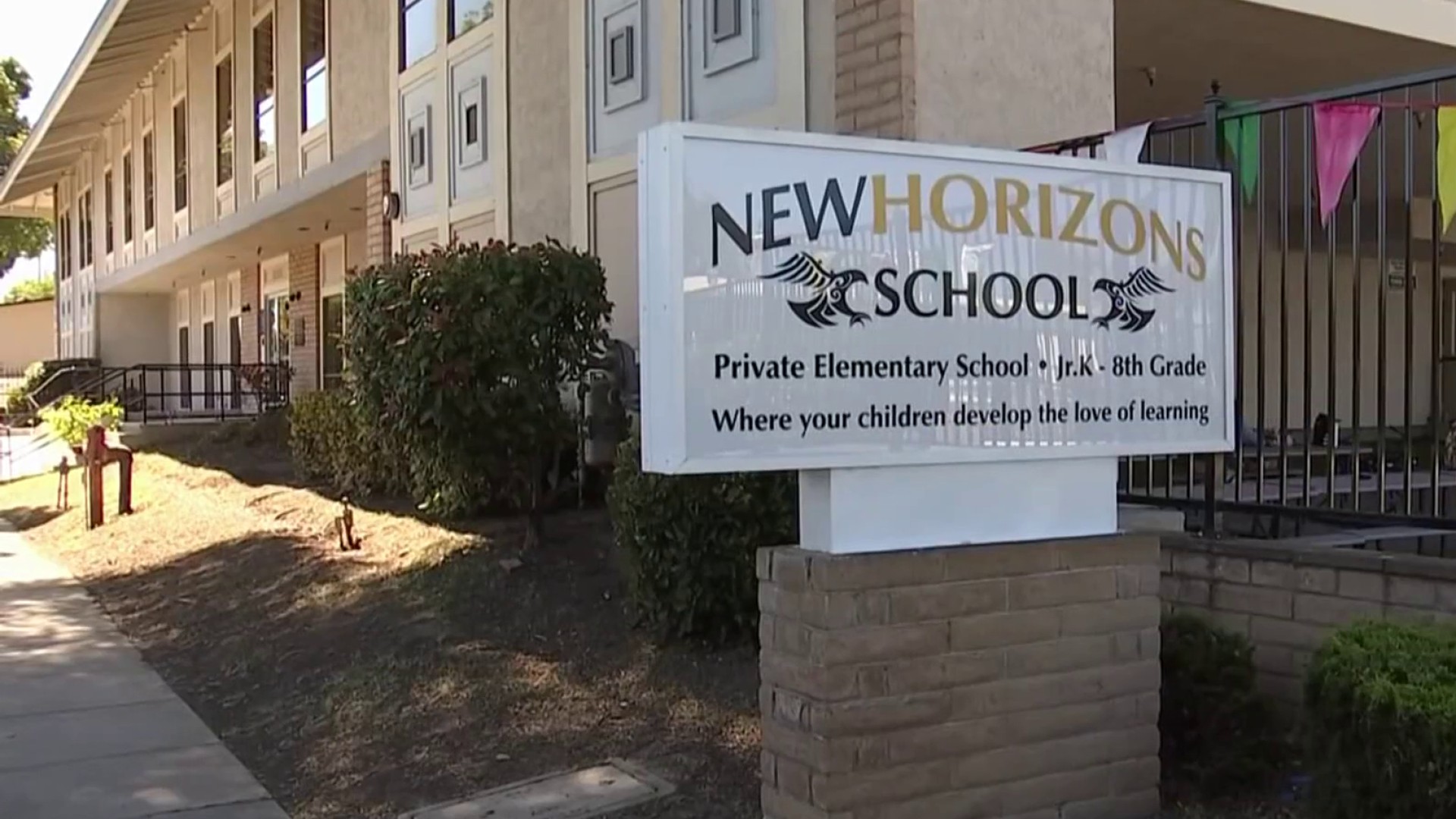According to the National Oceanic and Atmospheric Administration, 2020 ranked as the second-hottest year on record for the planet (2016 was the hottest, 2019 was the third hottest). The Bay Area has certainly felt the heat, with plenty of record high temperatures in recent years and some East Bay locations seeing temperatures over 100 degrees in 2020.
These soaring temperatures may be driving people to have air conditioning installed. Several local A/C installers tell NBC Bay Area Consumer Investigator Chris Chmura their sales are trending upward, particularly in neighborhoods where people previously didn't need air conditioning.
The Redwood City confirmed through a public records request that permits in the city to install A/C systems have been climbing the past few years, reaching a high in 2019. When the pandemic hit in 2020, Redwood City's A/C installation permits dipped back down, but A/C sales are expected to rebound as pandemic concerns recede.
Zeke Hausfather, PhD, who serves as the Director of Climate Energy at Oakland's Breakthrough Institute, said that in the 1970s the temperature only rose above 85 degrees five days of the year in the city of Berkeley. But today, Hausfather said, the city sees an average of 15 days over 85 degrees throughout the year.
Get a weekly recap of the latest San Francisco Bay Area housing news. Sign up for NBC Bay Area’s Housing Deconstructed newsletter.
"It used to be a very comfortable year-round temperature," he noted. "But we’re increasingly moving into a climate where we have a couple weeks a year where it’s unbearably hot to be in a home without air conditioning.”
Hausfather said he is currently looking to install a heat pump to his home after dealing with last summer's brutal heat.
He added that A/C accounts for around 20% of electricity use in homes that have it.
Local
Could cooling the house be heating the planet?
NBC Bay Area Responds asked whether increased A/C use could lead to increased emissions.
Hausfather said that in places where coal or natural gas are primarily used for power, air conditioning likely contributes to emissions that are heating the planet. However, he believes California's abundance of solar energy will help to reduce the emissions impact of having more A/Cs running.
"When people get air conditioning in California, a lot of the electricity being used to power that air conditioning is coming from solar panels," he shared. "Just because you tend to use air conditioning when you have a lot of solar energy available."
What to look out for if you're in the market for an A/C
If you're shopping for an air conditioner, the experts we spoke with recommend learning about SEER (Seasonal Energy Efficiency Ratio). Every A/C has a SEER number and the higher that number is, the less power it requires.
And if you're in the market for an air conditioner, Caleb Cameron who works as the supervising special investigator at the Contractors State Licensing Board advises you to do your homework about the people you're doing business with.
"We always encourage consumers to shop around,” Cameron explained.
He also recommends that consumers be cautious about air conditioning contractors who demand a lot of money upfront. California state law caps your down payment at $1,000 or 10% of the contract price, whichever is less.
Additionally, Cameron recommends getting your contract in writing, including a three-day right to cancel (which is also required by state law).
"If a contractor refuses to put a contract agreement in writing that should be cause for concern," he added.
If you want to reduce the cost of the A/C you already have, use your thermostat wisely and establish a routine.
If you don't want to or aren't able to buy an A/C, PG&E offers basic advice to combat the heat, including using room fans to keep your home cool and covering your windows during the day to block the hot sun. PG&E has more tips on its website to reduce your energy use during warm weather.
Have a consumer complaint? Let us know, so we can help.




